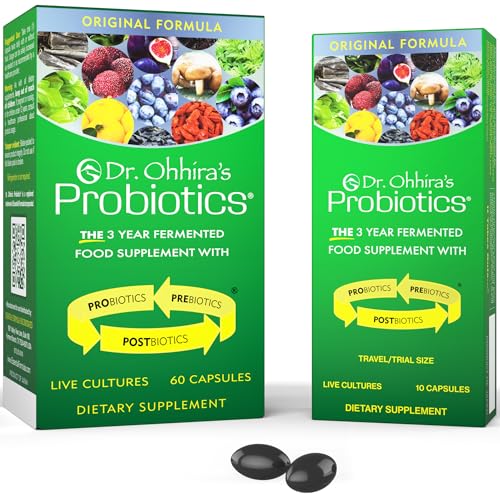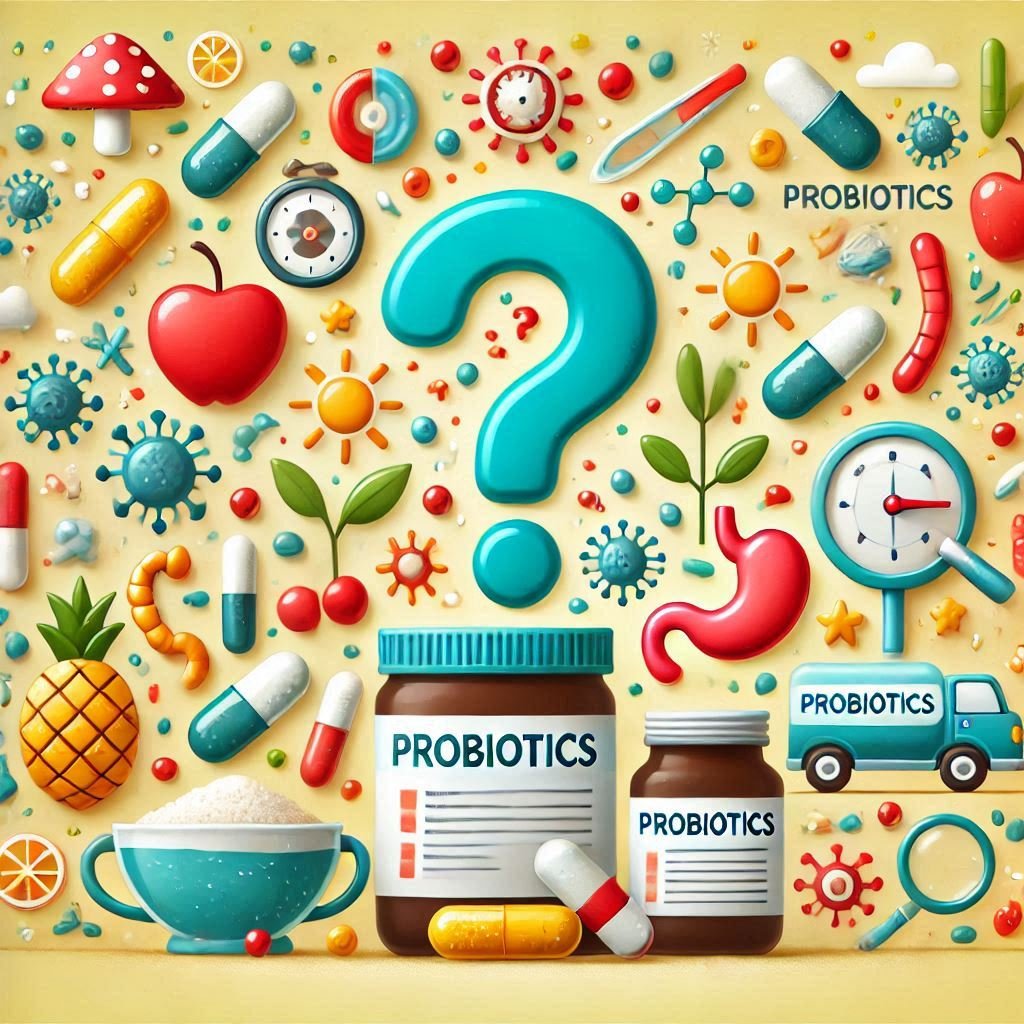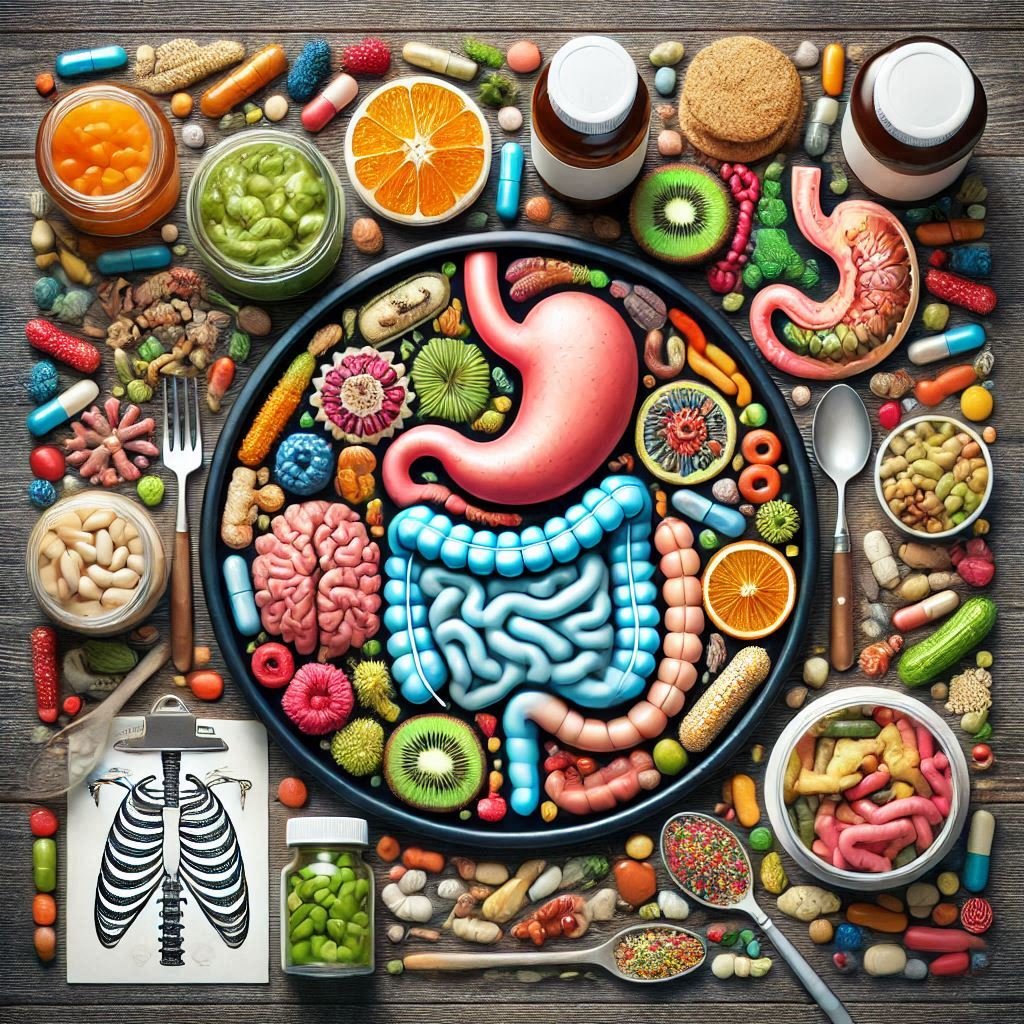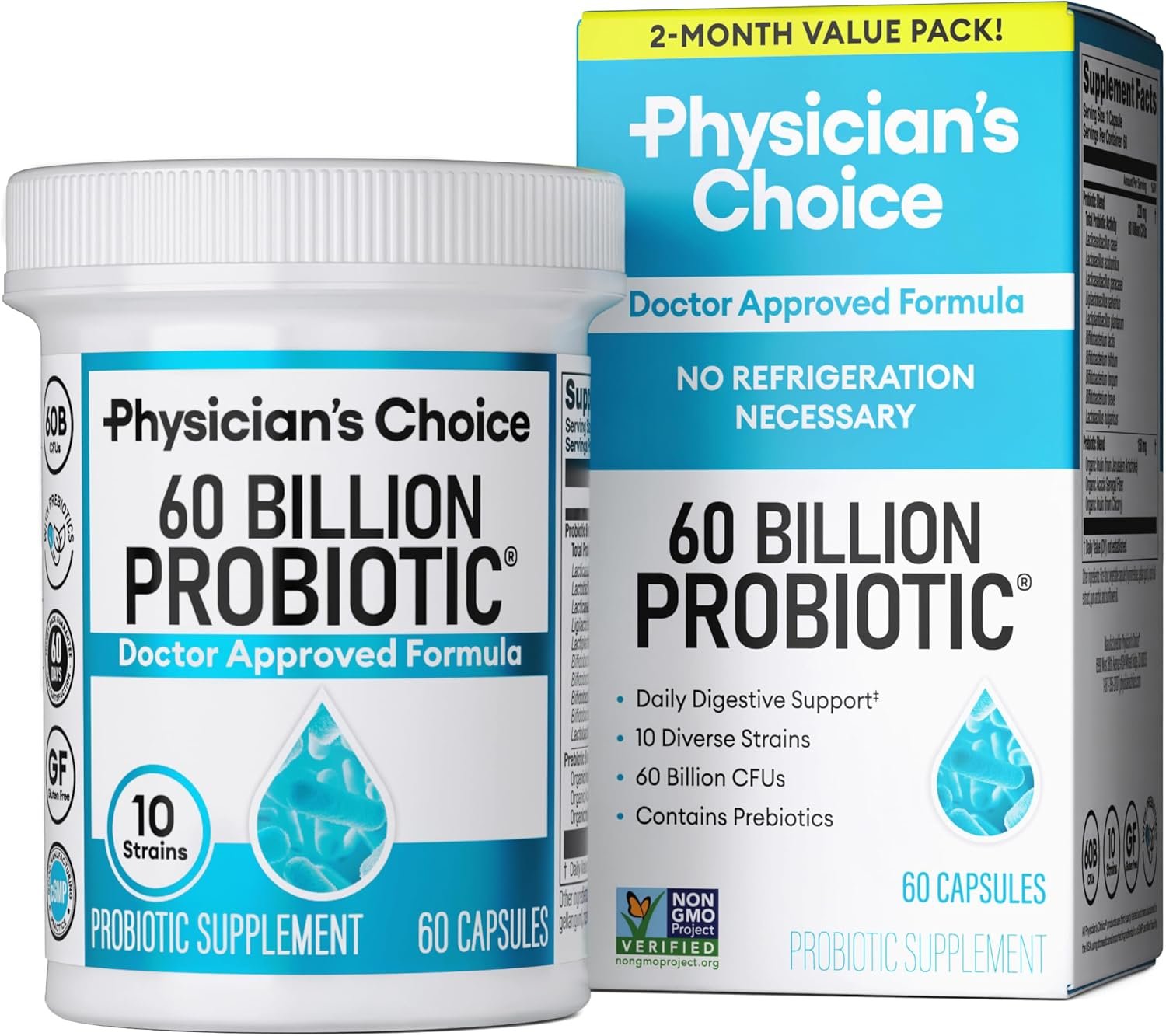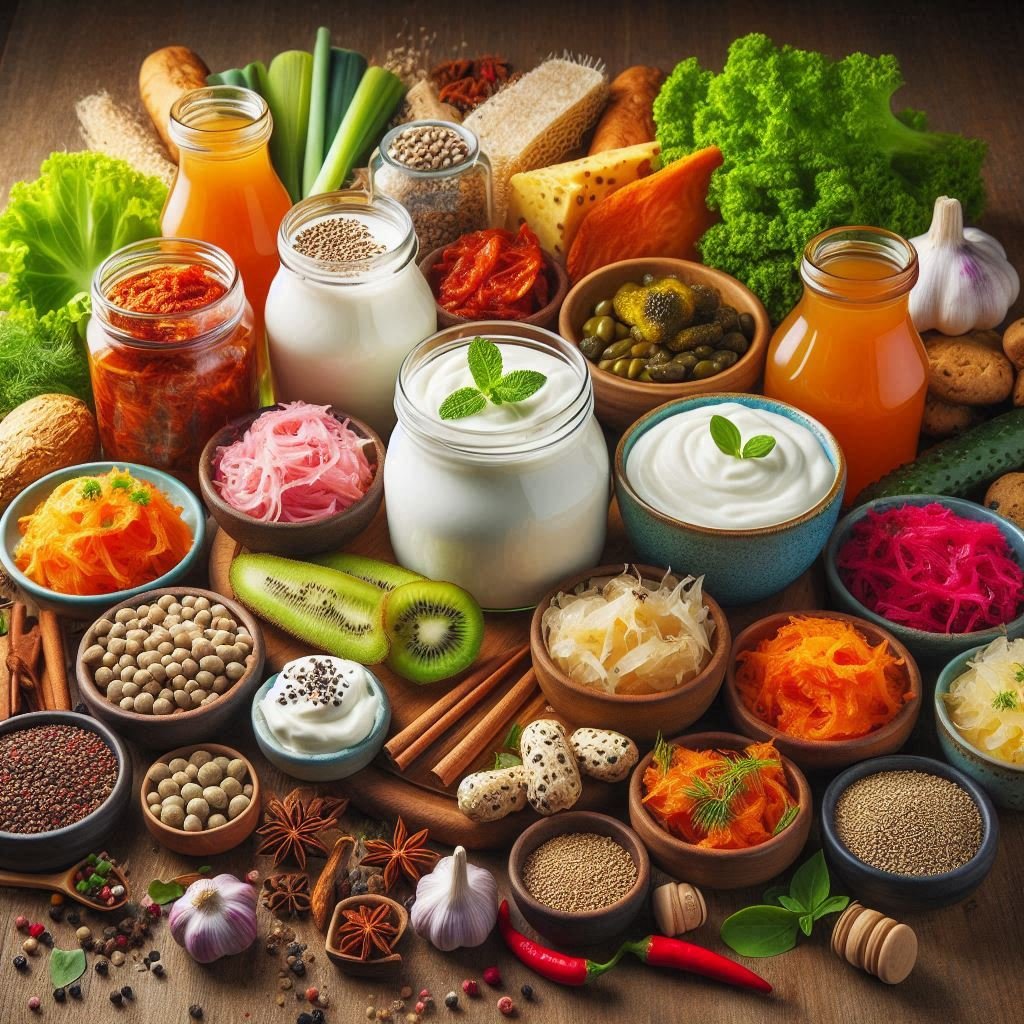
Probiotics are all the buzz these days, and for good reason. These beneficial bacteria play a crucial role in gut health, digestion, and even boosting immunity. With so many options available, it can be overwhelming to figure out which foods pack the most probiotic punch.
Understanding Probiotics
Probiotics are live microorganisms that provide health benefits when consumed in adequate amounts. These beneficial bacteria support gut health, enhance digestion, and boost the immune system.
Probiotics primarily consist of two main strains: Lactobacillus and Bifidobacterium. Lactobacillus aids in lactose digestion and generates lactic acid, creating an unfavorable environment for harmful bacteria. Bifidobacterium helps restore gut flora balance, especially after antibiotic use.
Probiotic-rich foods often undergo fermentation, a process that promotes the growth of healthy bacteria. Common examples of these foods include yogurt, kefir, sauerkraut, kimchi, miso, and tempeh. Fermented dairy products are especially recognized for their high probiotic content, with yogurt containing billions of colony-forming units (CFUs) per serving.
Probiotics contribute to digestive health in several ways. They improve nutrient absorption, reduce bloating, and alleviate symptoms of irritable bowel syndrome (IBS). Research shows that regular consumption of probiotics may also lower the risk of certain gastrointestinal infections.
Understanding the role of probiotics emphasizes the importance of including these foods in my diet for maintaining optimal health.
Benefits of Probiotics
Probiotics offer numerous health benefits, especially for digestive and immune functions. These benefits stem from the various strains of beneficial bacteria found in probiotic-rich foods.
Digestive Health
Probiotics significantly enhance digestive health. They support the balance of gut microbiota, promoting efficient digestion and nutrient absorption. Lactobacillus strains help break down lactose, relieving discomfort for lactose-intolerant individuals. Regular consumption of probiotics can alleviate bloating and improve symptoms of irritable bowel syndrome (IBS). Research shows that these beneficial bacteria may help prevent and treat digestive issues like diarrhea, particularly antibiotic-associated diarrhea, thus restoring the gut’s healthy balance.
Immune Support
Probiotics play a crucial role in bolstering immune support. They strengthen the gut barrier, preventing harmful pathogens from entering the bloodstream. Probiotics enhance the body’s immune response, stimulating the production of antibodies and activating immune cells. Studies indicate that regular intake of probiotic foods may reduce the incidence and duration of respiratory infections. By maintaining gut health, probiotics indirectly support overall immunity, making them essential for a well-functioning immune system.
Foods High in Probiotics
Probiotic-rich foods are abundant and varied, offering several options to enhance gut health. Below are some of the top food categories that provide significant amounts of probiotics.
Fermented Dairy Products
Fermented dairy products are among the richest sources of probiotics. These include:
- Yogurt: Contains live cultures, primarily Lactobacillus and Bifidobacterium, which improve digestion and strengthen immunity.
- Kefir: A fermented milk drink that offers a diverse array of probiotics, beneficial for gut health and lactose digestion.
- Cheese: Certain aged cheeses like Gouda, cheddar, and Swiss contain probiotics, promoting balanced gut flora.
Non-Dairy Fermented Foods
Non-dairy options are excellent for those avoiding lactose. Key examples are:
- Sauerkraut: Fermented cabbage packed with Lactobacillus, which supports digestion and boosts the immune system.
- Kimchi: A spicy Korean dish made from fermented vegetables, rich in probiotics and antioxidants.
- Miso: A fermented soybean paste crucial in Japanese cuisine, offering multiple beneficial bacteria, especially during digestive health recovery.
- Tempeh: A fermented soy product high in protein and probiotics, enhancing gut microbiome diversity.
Vegetables and Fruits
Several vegetables and fruits also provide probiotics through fermentation processes. Notable examples include:
- Pickles: Fermented cucumbers made without vinegar develop beneficial bacteria and probiotics.
- Fermented Carrots: These promote gut health and nutrient absorption while adding a crunchy texture to dishes.
- Bananas: While not fermented, they contain prebiotic fibers that support probiotic growth, enhancing gut flora.
- Sourdough Bread: Made from fermented dough, it supports a healthy gut environment and improves digestion.
- Fermented Oats: Offering health benefits akin to those of yogurt, they are enriched with probiotics during the fermentation process.
- Fermented Beans: Such as those used in natto, contain beneficial bacteria like Bacillus subtilis, which aids digestion and health.
Conclusion
Including probiotic-rich foods in my diet has become a priority for maintaining gut health and overall well-being. With so many options available I can easily find choices that suit my preferences whether it’s yogurt or kimchi. These foods not only enhance digestion but also support my immune system in fighting off infections.
By embracing a variety of fermented foods I can enjoy the numerous benefits probiotics offer. It’s clear that making these delicious additions to my meals can lead to a happier gut and a healthier lifestyle. So why not start incorporating more probiotics into my daily routine? My body will thank me for it.
